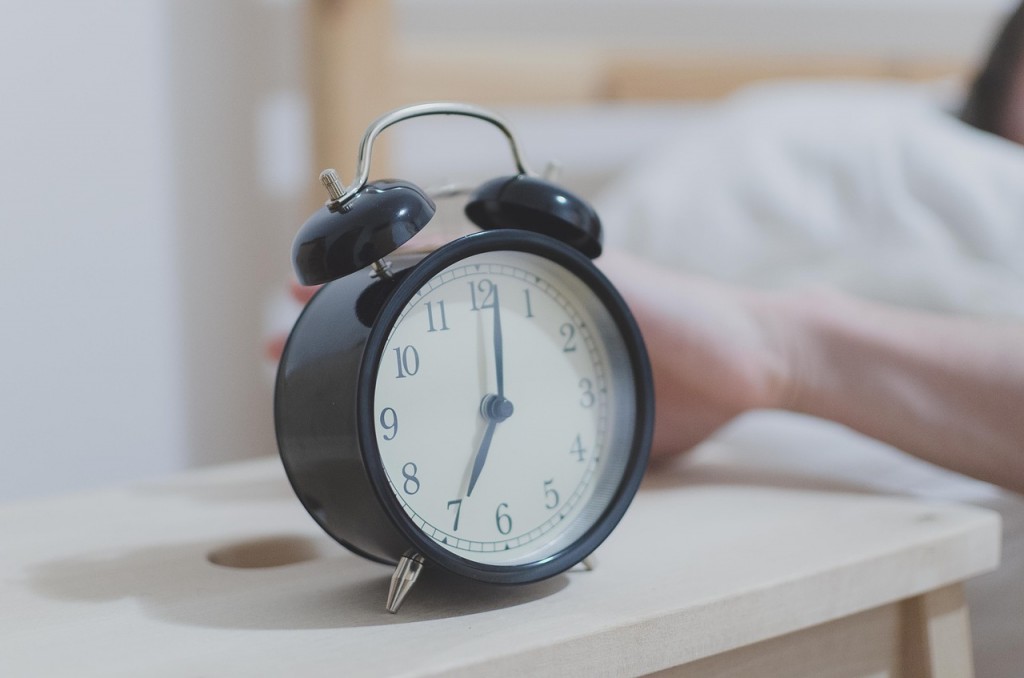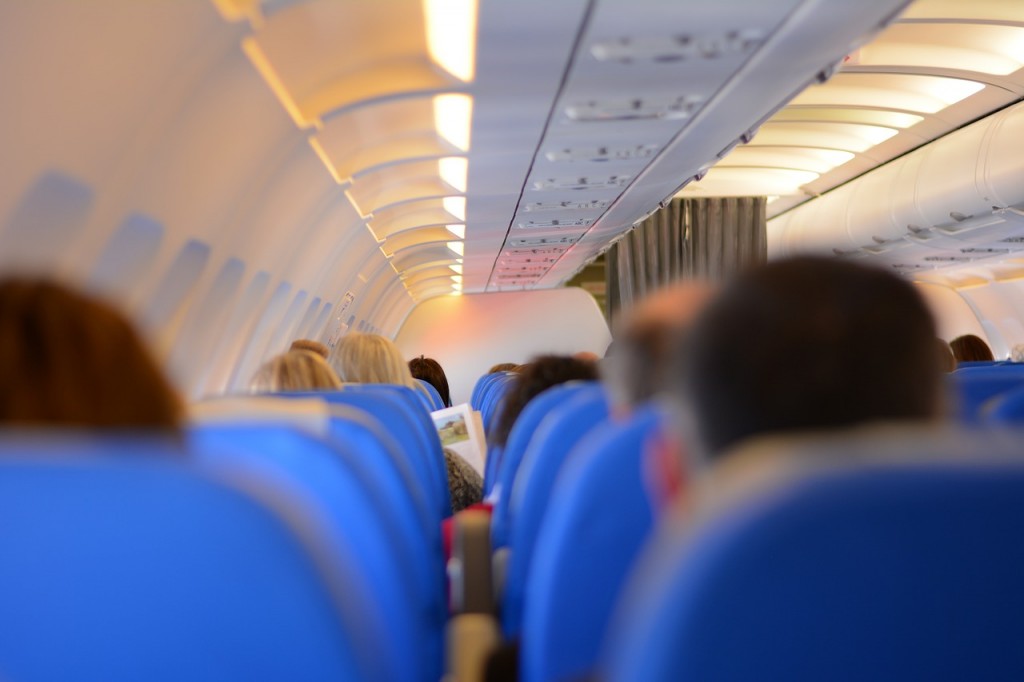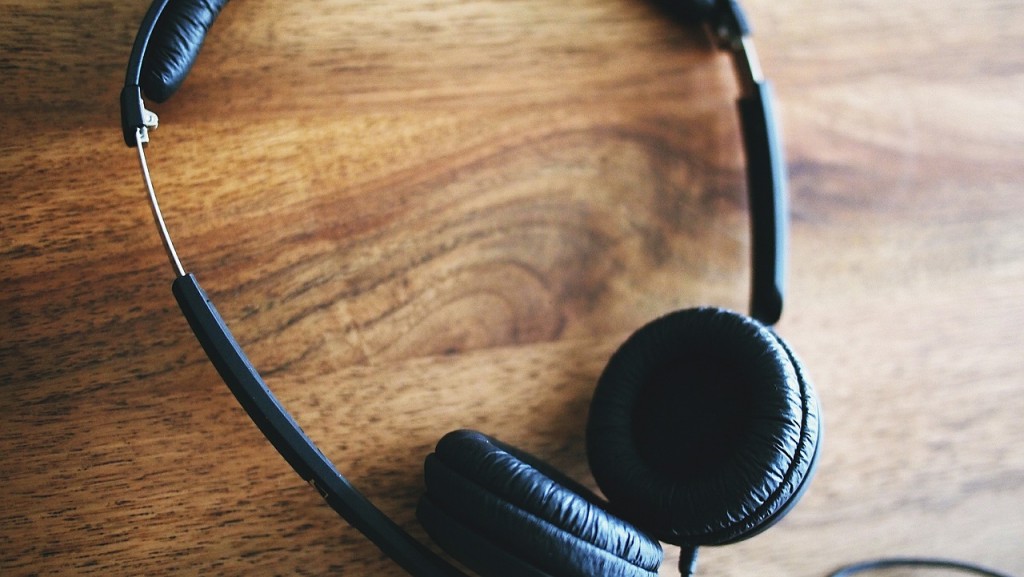
Bangkok Travel Guide
February 29, 2016
Top Camping Holiday Tips For The Beginnner
March 3, 2016Fighting Jet Lag the smart way
One of the most frustrating parts of long distance travel is the possibility of having to come to grips with jet lag.
It affects some people more than others and increases in severity with the more time zones that you pass through while travelling to your destination.
That said, there are ways to reduce and even eliminate the effects of jet lag on your body allowing you more time to enjoy your vacation or to prepare for work again when you return home.
But first, let’s start with the basics.
Just what is Jet Lag?
Let’s talk biology for a second.
Our bodies have their own internal clock called the circadian rhythm. While this natural biological rhyme is pretty much built in it can be adjusted by local stimuli such as light and temperature cycles.
Jet lag happens when we upset the balance of this delicate cycle. In fact jet lag is deemed a circadian rhythm sleep disorder, which is a disruption of the internal body clock in layman terms.
So if your travels keep you within the same time zone then becoming jet lagged is not something that you need concern yourself with. So north south travel is not an issue.
If, on the other hand, you’re travelling half way around the globe then jet lag is probably something that you’re going to encounter to some degree.

learn how to cure jet lag when you return home by following these tips
Symptoms of Jet Lag
The most common symptoms of jet lag are fatigue and insomnia. A constant feeling or tiredness during the day and an inability to sleep at night. But there are other more worrying symptoms as well that can more of an impact on your travels.
Some sufferers of jet lag are prone to mental and physical upsets including anxiety, confusion and even memory loss in the worst cases. Physical symptoms can include headaches, dehydration, nausea, dizziness and gut problems such as constipation and diarrhoea.
These symptoms can last several days if you have traversed multiple time zones.
That being said, jet lag affects everyone differently. Some individuals just appear to cope better with imbalances to their body clock, especially the young.
How long the symptoms last can vary person to person. Some people suggest that they last for one day for each time zone traversed, others state that it’s only half a day for each time zone. It’s not uncommon for symptoms to last four or five days for especially long trips.
How to deal with Jet Lag
When you’re headed out on a vacation or business trip the last thing you need is to feel tired or run down. But with these travel tips to beat jet lag, you’re sure to stay alert and ready for your entire trip.
Jet lag is normally noticeable when flying east and you begin lose time as you pass through the time zones. Your days effectively become shorter and it’s often difficult to get to sleep earlier. That’s not to say that you won’t become jet lagged when flying west, it’s just less severe.

adjusting your sleep patterns before you leave home can help prevent jet lag
Stick with your regular schedule for short trips
When you’re not travelling for long (just a few days), you can usually avoid jet lag by sticking to your normal routine. Keep your watch set to your ‘home’ time and just do what you’d normally do at home such as eating, sleeping and exercise at regular times.
Your body won’t even notice the time change when you do this, and it will readjust without any problems on the way back.
Change your schedule ahead of time for long trips
When you’re travelling further afield on longer trips it’s probably wise to adjust your routines before you leave home.
In the days preceding your departure you can try to adjust your sleep patterns by a few hours if necessary to compensate for the change in time zones. If you are travelling half way around the world then this may not be very convenient so instead just concentrate on changing you meal times to compensate.
If you’re going to be heading to the west then get to bed a little later and likewise go to bed earlier if you’re going to be heading east. So basically if you’re travelling from the United States to Europe or from Europe to Asia you’re fighting a losing battle and you may need to look to some of the following alternatives to boost your ability to fight jet lag.
Planning for your flight
You battle with jet lag can begin before you even leave home. Reprogramming your sleep patterns is key to combating jet lag and one way to ensure you get enough sleep at the right time is to improve your chances when you’re in the air.

combat jet lag by reserving a more comfortable plane seat and get a better sleep
Picking a plane seat you can actually sleep in
If you’re booked into business or first class then having a comfortable seat shouldn’t be an issue but if you’re delegated to cattle class then you’re advised to choose your seat wisely if you want to have any hope of sleeping on the flight.
For long haul flights you’re going to need to get some shut eye if you want to try and match your destinations time zone so choose a seat where you can sleep properly if you need to.
Window seats are great if you don’t get up to go to the toilet often as you can rest a pillow against the window. Isle seats are known to be disruptive. They’re great if you go to the bathroom often but otherwise you’ll have to contend with people trying to climb over you, food trolleys banging into your knees and a flood of people walking up and down the isles.
If you’re a light sleeper and suffer from jet lag then it may be worth considering upgrading your seat to business class just in case. This may be especially important if you are returning home and are expected to report to work the next day.
When it does come time to sleep then it’s a good idea to have a few items close by to aid you. Packing some foam ear plugs, an eye mask and even a comfortable pillow can help you eliminate the disruptions of the aircraft.

foam ear plugs or noise reducing headphones can help you get a more peaceful sleep on your flight
When your trip gets under way
Try to get regular sleep
When you’re travelling out of your normal time zone, you’ll want to try to keep to normal bedtimes. And while you might have troubles at first, try to get the same number of hours of sleep per night. This will help your body fall into a new rhythm for the time when you’re away. As soon as you are on your flight set your watch or smartphone to your destinations local time.
Don’t try to sleep for the whole flight unless it’s already night time at your destination. Just follow a regular pattern of eating and sleeping. Even if you can’t fall asleep right away, try to relax and close your eyes until you fall asleep. Eventually your body will pick up the clue and you’ll get all the sleep that you need.
Some people like to take a sleeping pill on long haul flights but this is not recommended it you’re flight is under 7 hours otherwise you’ll end up getting off the plane groggy and disorientated. You should always discuss taking medication with your doctor beforehand.
Stay Hydrated
When you start to travel, and especially during your flight, it’s important to stay hydrated. A lack of fluids is one of the main causes for increasing the effects of jet lag. Today’s travel restrictions for carrying bottled water can often mean that you won’t have water close at hand once you’re inside the airport terminal. Nevertheless once you are on the plane it’s important to drink plenty of fluids, especially water and fruit juices, to help combat dehydration.
The same goes for when you arrive at your destination. If you have travelled to a warmer climate then you likely have to drink more water than you normally do at home as you’ll perspire more, so it’s always good to keep a small bottle at hand.
Alcohol can dehydrate the body so it should be avoided if you can. And if you’re expected to drink at a business function, just follow each glass with a chaser of water.

coffee is a stimulant that can affect your sleep cycle so try to avoid it until you have jet lag under control
Avoid Coffee
For many this will be a difficult habit to postpone for a while, but try to avoid drinking coffee until you have mastered your new sleep pattern. Die hard coffee drinkers, used to the strong stuff, probably don’t have an issue with it affecting their sleep rhythm but for mere mortals it’s best to give coffee a miss until you’re over your jet lag.
When you arrive
Find your new rhythm. When you’re headed into areas where the time will change significantly, you want to set your watch when you get there (if you haven’t done so already) and start following the local hours. You’ll want to eat when you are supposed to eat, sleep when it’s dark etc.
By changing the routine that you’re used to directly into the new hours, you can help to offset jet lag before it even starts. Follow your new daylight and darkness hours to adjust your circadian rhythms.
Exercise and get in the sun
One of the best ways to avoid jet lag is to do some form of exercise when you arrive at your destination. This can be as simple as a walk around town or a few callisthenics (body weight exercises) in your hotel room. A few minutes of push-ups or burpees will get your heart pumping.
When your body gets exercise, it can ‘bank’ the extra energy and help you adapt to changing light conditions.
If you absolutely can’t sleep
Still having problems finding your natural sleep cycle? It may be time to take things to the next level.

regular exercise can help normalize your sleep pattern quickly
Recheck your exercise routine and diet
Make sure that you’re exercising twice per day. Performing a quick burst or cardio when you wake up will help kick-start your metabolism and clear your head. Exercising later at night will burn off excess calories and tire you out ready for bed.
Eating a protein rich breakfast will leaving you feeling full and ready for the day. Keep your meals light otherwise you’ll start to feel sleepy and end up napping at the wrong times.
Take some melatonin
If you’re still having issues adapting then it may be time to try a melatonin tablet. This will help your body reset it’s sleep cycle. Just remember that you’ll need to take it just before you retire for the night and not every time that you want to sleep.
or try a natural cure
And if medication isn’t your thing then why not give aromatherapy a try. Find a good travel kit that includes oils that you can smell for energy as well as soothing oils for relaxation, like lavender.

aromatherapy gels and creams can relax you and help you sleep
You now have all the tools at hand to beat Jet Lag on your next trip
With all of these great tips jet lag will no restrict you on your next trip and more importantly you now know how to get over jet lag when you get home.




